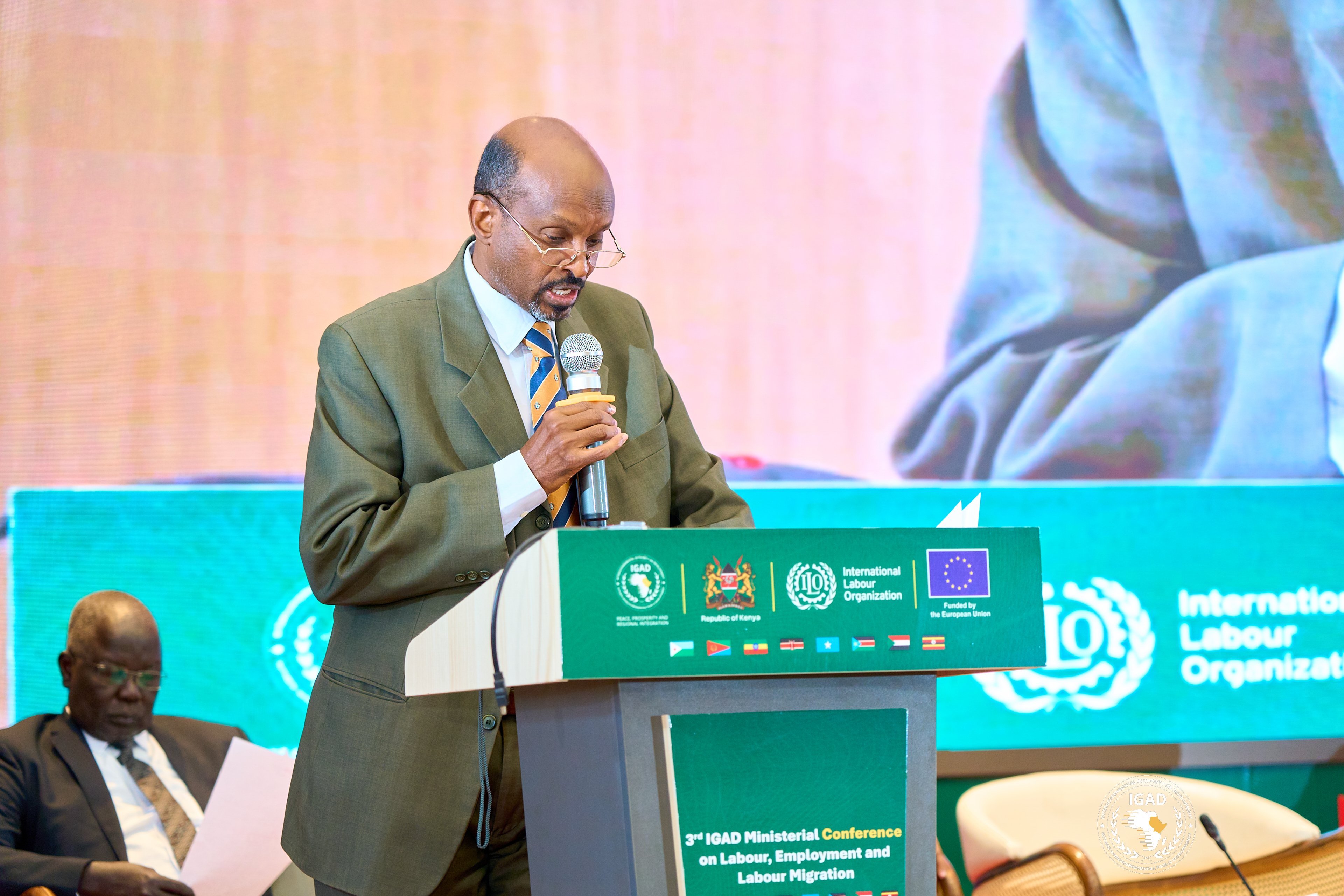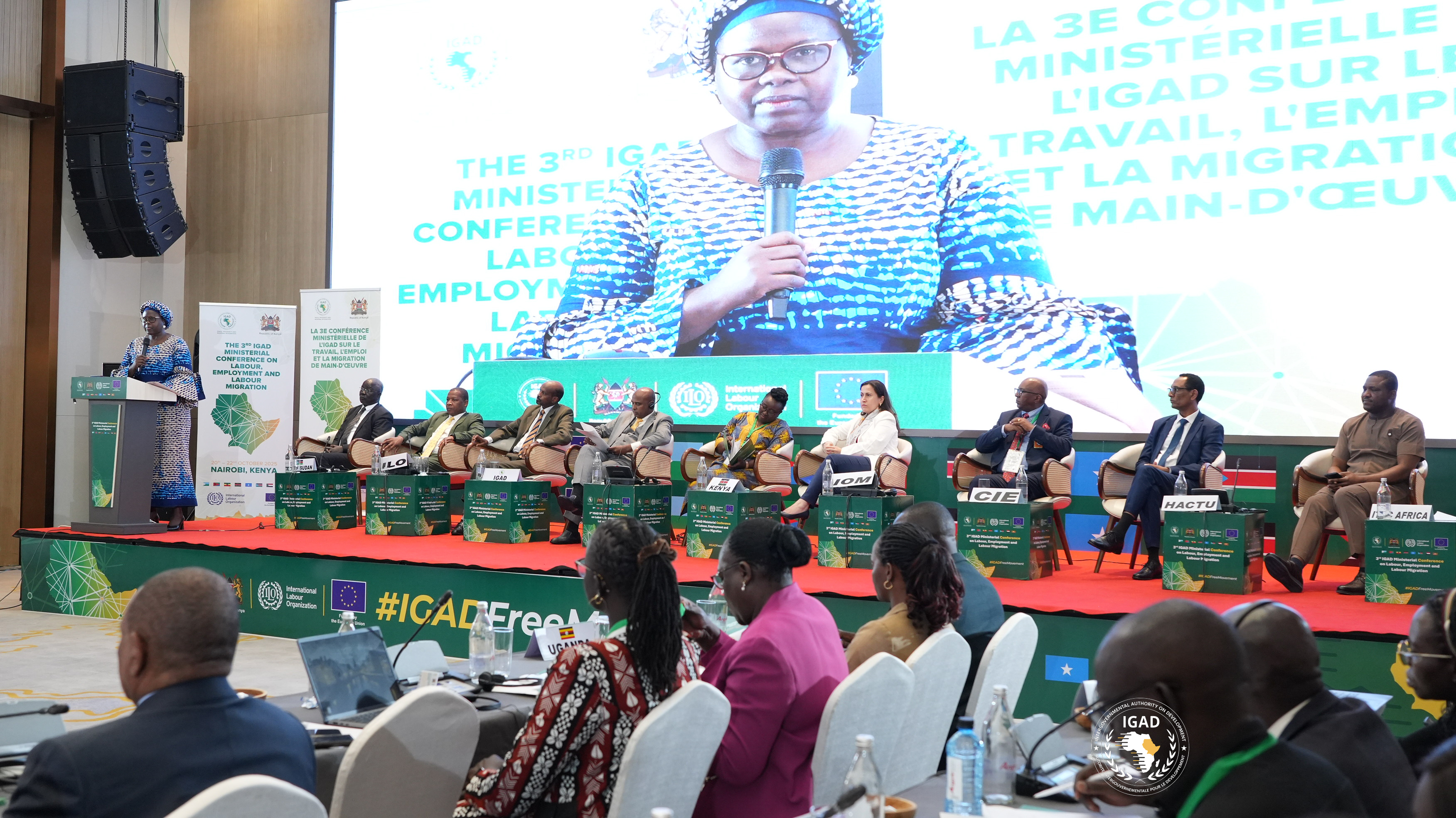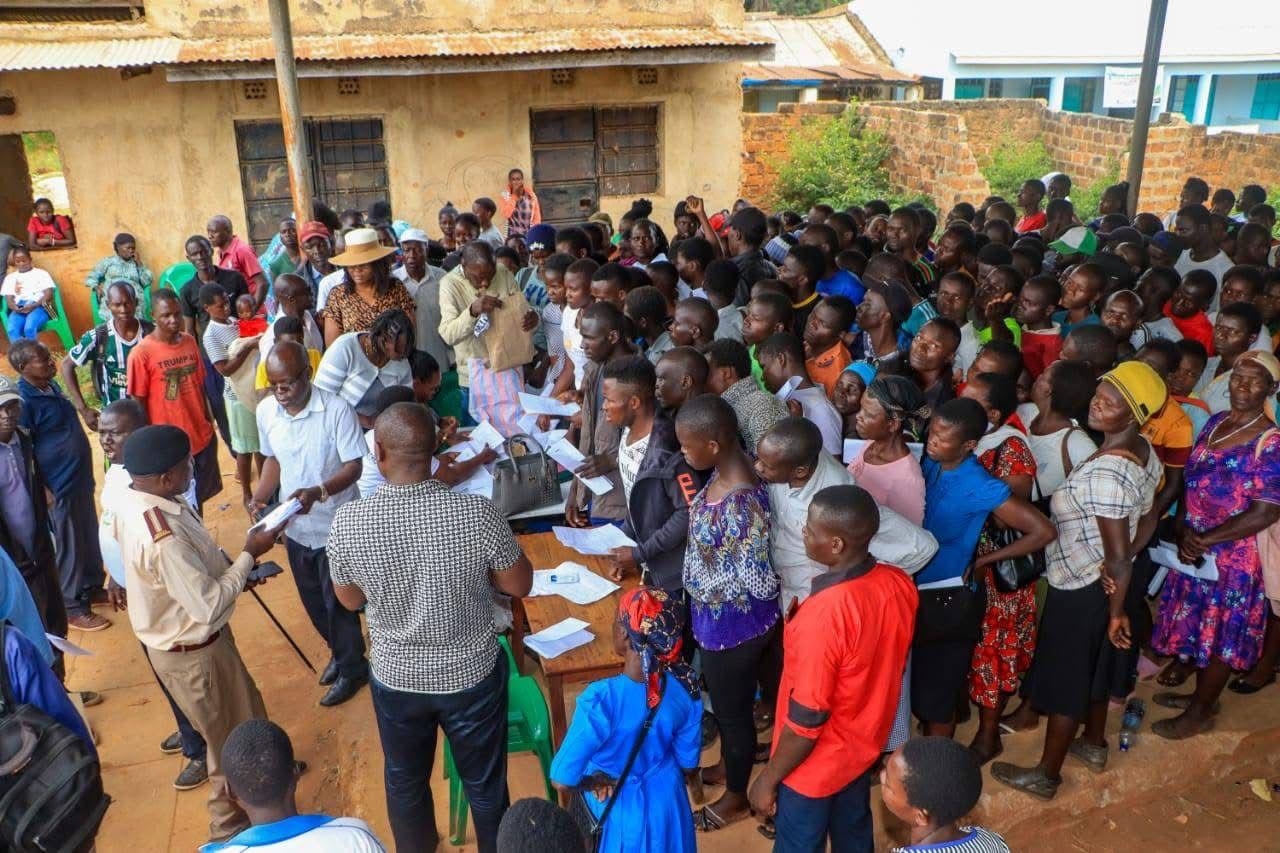

The Intergovernmental Authority on Development (IGAD) has
proposed the creation of a unified digital visa system for its member states
and third-country nationals in a move aimed at easing travel, promoting
tourism, and enhancing investment across the region.
The proposed IGAD Regional Visa seeks to establish a
harmonized, digital platform that would enable non-IGAD citizens to move more
freely within member countries.
Speaking during the opening of the Experts Meeting of the
3rd IGAD Ministerial Conference on Labour, Employment, and Labour Migration in
Nairobi, IGAD Director of Health and Social Development, Ambassador Moussa Ali
Meigague, said migration could play a major role in regional economic
integration.
“Labour migration is a lifeline for millions of households. With strong governance frameworks, migration can become a driver of decent work, peace, and economic integration in our region,” he said.
The two-day technical session brings together senior experts from IGAD Member States to shape policy recommendations on labour mobility, employment policies, and migration governance ahead of the ministerial deliberations.
The initiative aligns with IGAD’s Vision 2050 and Regional
Strategy 2021–2025, which prioritize regional integration as a pathway to
peace, prosperity, and resilience.
IGAD has already made progress in promoting free movement
through the Protocol on Free Movement of Persons, adopted in 2020.
The protocol provides a phased framework for the right of
entry and the eventual abolition of visa requirements for IGAD citizens.
However, it does not include third-country nationals.
Souleimon Meïmin Robleh, Secretary General at Djibouti’s
Ministry of Interior and Chair of the IGAD Free Movement Cluster, said the
organisation aims to transform regional borders into points of connection
rather than division.
“Regional mobility is not a threat—it is an engine for
shared development. Through IGAD’s Free Movement Protocol, we are building a
future where borders connect rather than divide our people and economies,” he
stated.
Currently, travelers from outside the IGAD region must apply
for separate visas for each member state, a process IGAD says is cumbersome and
discourages tourism and investment.

Nihan Erdogan, Deputy Regional Director for IOM East, Horn,
and Southern Africa, noted that fair migration depends on protecting workers’
rights.
“Fair migration is only possible when workers’ rights are
upheld. The ILO continues to support IGAD and its Member States to ensure
ethical recruitment, portability of benefits, and access to social protection,”
Erdogan said.
IGAD currently ranks lowest among Africa’s eight Regional
Economic Communities in visa-free reciprocity at 14 percent, according to the
2024 Africa Visa Openness Report.
The proposed digital visa system is intended to simplify
travel, promote trade, and foster regional cooperation while complementing the
free movement rights of IGAD citizens.
IGAD is pursuing a dual-track strategy, including accelerating
the ratification of the Free Movement Protocol while developing the Single Visa
system, to deliver immediate economic gains through increased business and
tourism travel.
The organization said the initiative will also promote
harmonized policies and modern border management, positioning the IGAD region
as a competitive and attractive destination for international visitors and
investors.



















